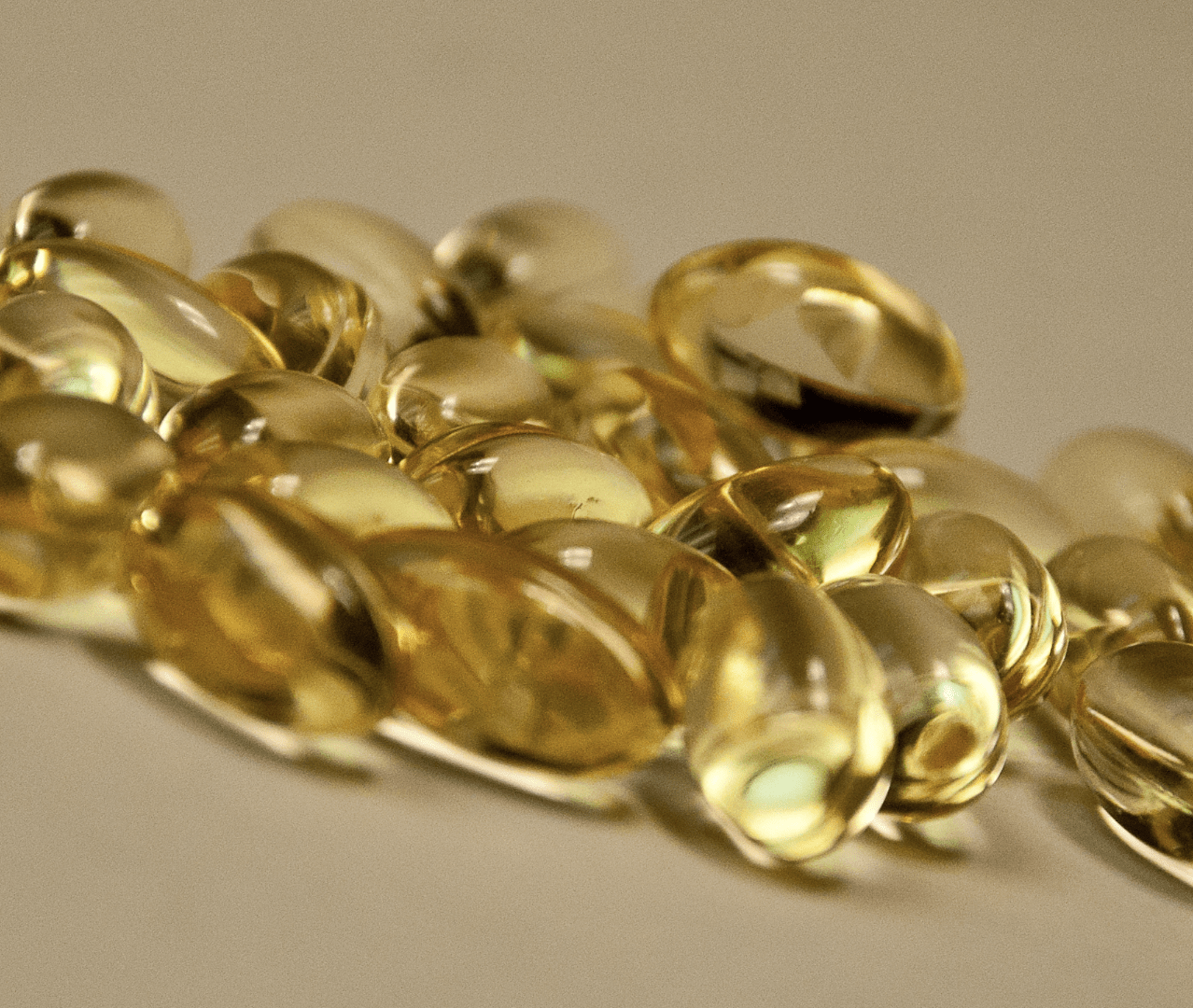NEWSWEEK – Researchers at Japan’s Osaka University published a new study examining the relationship between germ cells, aging, and sex, finding that vitamin D extended fishes’ lifespan, a result that is likely to translate to other vertebrates including humans.
Dr. Tohru Ishitani, a researcher on the study of Nothobranchius furzeri (also known as killifish), told Newsweek in an email that the study found, “Treatment with vitamin D extended the lifespan in both sexes in the turquoise killifish, N. furzeri.”
The study, published in Science Advances on June 12, concluded that the “average lifespan was extended by 7% in females and 21% in males, respectively.”
He explained, “Excessive treatment of vitamin D did not extend the lifespan of killifish, so it was important to treat the appropriate amount.” Dr. Ishitani noted that while it “has also been reported that an excessive increase in vitamin D has a negative effect on lifespan in mice,” the vitamin “has been used as a supplement for a long time, and as long as the amount is correct, it has little adverse effect on health.”
Killifish have exceptionally short lifespans measured in weeks, making them a useful metric for a study analyzing aging. Researchers removed germ cells in both females and males to compare the biological responses.
In female killifish, “germ cell removal shortened lifespan, decreased estrogen, and increased insulin-like growth factor 1 (IGF-1) signaling,” the study said. In contrast, germ cell removal in males improved their health with increased vitamin D signaling, resulting in increased longevity.
Dr. Michael Holick, a specialist in vitamin D research at Boston University’s Vitamin D, Skin, and Bone Research Laboratory, explained the vitamin D process to Newsweek in a phone interview:
“We know that when you make vitamin D in your skin from sunlight, it lasts two to three times longer in your body than when you take it as an oral dose,” Dr. Holick said. “But if you take vitamin D every day, it’s not an issue. But sunlight, we believe not only makes vitamin D in your skin, but has a lot of other potentially important effects” …



